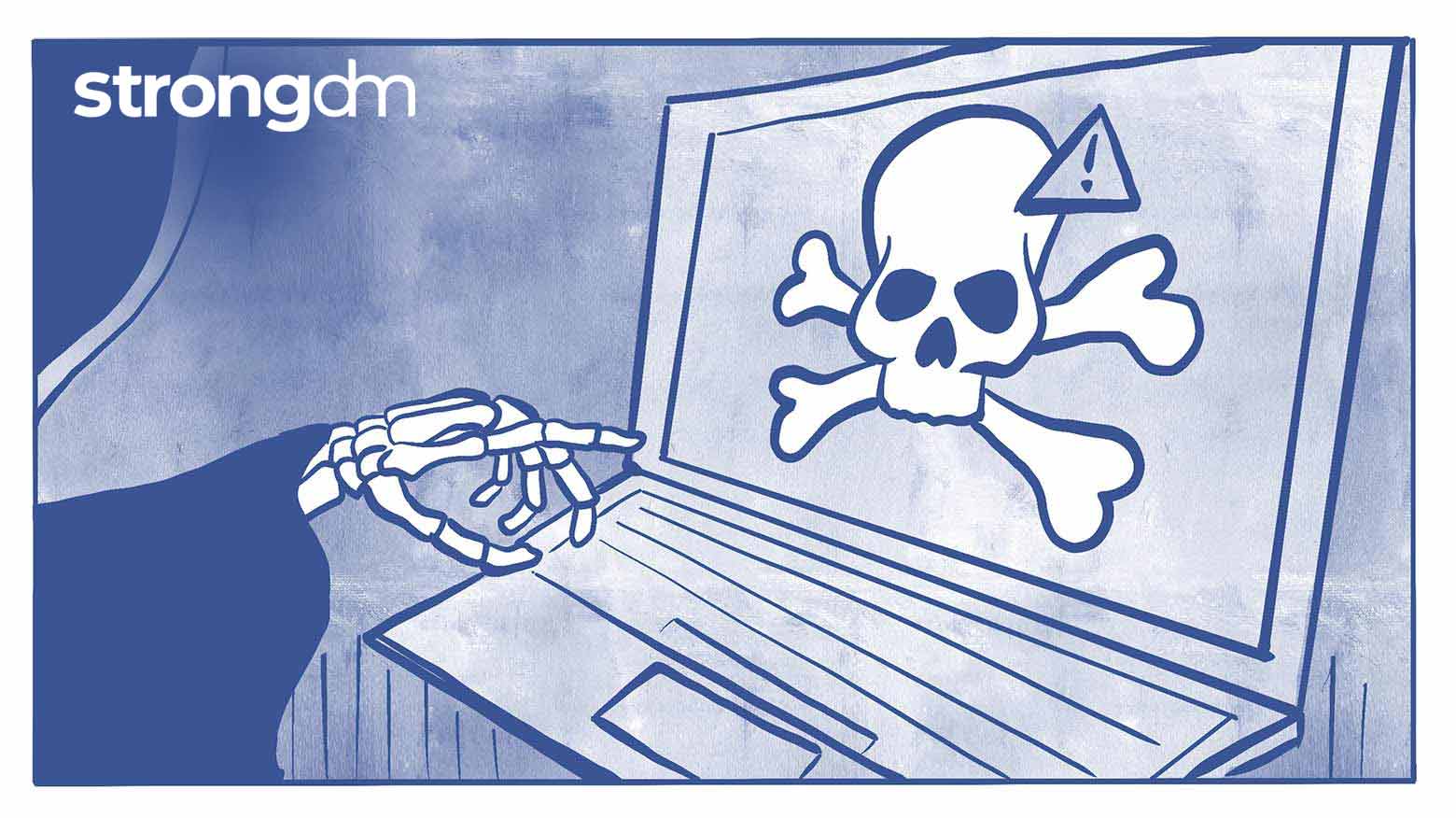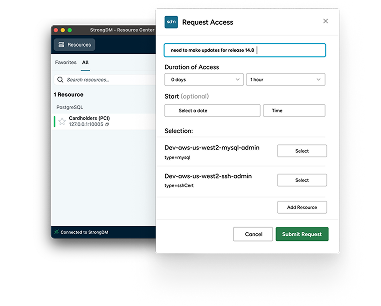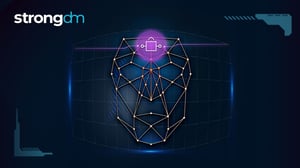

Written by
Maile McCarthyLast updated on:
October 21, 2022Reading time:
Contents
Built for Security. Loved by Devs.
- Free Trial — No Credit Card Needed
- Full Access to All Features
- Trusted by the Fortune 100, early startups, and everyone in between
“It is, I confess, with considerable diffidence, that I approach the strange narrative which I am about to relate. The events which I purpose detailing are of so extraordinary a character that I am quite prepared to meet with an unusual amount of incredulity and scorn. I accept all such beforehand.” Fitz-James O’Brien, What Was It?
Gather ‘round for five, real-life stories of data breach that will haunt your dreams. You’ll find no ghosts, ghouls, or vampires here—though there may be zombies.
Read on if you dare…
Marriott: A Haunted Hotel
Marriott acquired Starwood Hotels in 2016 and inherited its faulty IT infrastructure, including a legacy guest reservation system that had been unknowingly compromised in 2014. Per CSO Online, “Starwood’s old system limped on, zombie-like, infected with malware, breached by hackers, and without much by way of continuity of care…” until 2018, when an internal security tool finally detected the problem. By then, attackers had encrypted and most-likely removed password and credit card data from millions of guest records. And the fright doesn’t end there. Marriott continues to face fines, lawsuits, and lost revenue related to the breach. Yikes.
Volkswagen: Is It Possible to Steal a Deceased Person’s Identity?
Apparently so. In March 2021, Audi and Volkswagen learned that an attacker may have obtained the personal data of more than three million individuals in the U.S. and Canada. A marketing services company under Volkswagen’s employ left personal information from potential customers unprotected for 21 months before the leak was discovered. The exposure included driver’s license numbers and in some cases birth dates, Social Security numbers, account or loan numbers, and tax IDs from victims both living and dead.
Stradis Healthcare: The Call Came From Inside the House
In March of 2020, a VP at Stradis Healthcare was fired. Before leaving, he created a fake-user admin account on the company’s network. He then was able to create a second illegitimate account which he used to sabotage thousands of records, causing hundreds of thousands of dollars in damage and delaying the shipment of much-needed supplies to healthcare customers. A ghoulish act indeed.
Kroger: Misery Loves Company?
In early 2021, Kroger joined the growing list of Accellion attack victims. The breach has impacted more than a hundred companies, universities, organizations, and even government agencies. Exposed data included human resources information, pharmacy records, and financials services records. So far, the breach has cost Kroger $5 million.
Capturerx: What Lurks in the Dark?
Health IT company CaptureRx helps hospitals manage their 340B drug pricing program claims. But in February 2021, a ransomware attack exposed thousands of patient files. The compromised files contained protected health data including patient names, birthdates, and prescription information. So far, this ransomware attack on a third-party vendor has impacted more than million patients at multiple healthcare institutions.
"I can assure you," said I, "that it will take a very tangible ghost to frighten me.” H.G. Wells, The Red Room
Take heart dear reader. Although credential-based attacks can happen to anyone, with a little planning and the right tools, you can catch them early and often prevent them altogether.
Want to learn more? Sign up for our no BS demo and see for yourself. And stay tuned for our next seasonal blog post: Turkey with a Side of Credential Stuffing … or maybe not.
Next Steps
StrongDM unifies access management across databases, servers, clusters, and more—for IT, security, and DevOps teams.
- Learn how StrongDM works
- Book a personalized demo
- Start your free StrongDM trial


About the Author
Maile McCarthy, Contributing Writer and Illustrator, has a passion for helping people bring their ideas to life through web and book illustration, writing, and animation. In recent years, her work has focused on researching the context and differentiation of technical products and relaying that understanding through appealing and vibrant language and images. She holds a B.A. in Philosophy from the University of California, Berkeley. To contact Maile, visit her on LinkedIn.
You May Also Like




